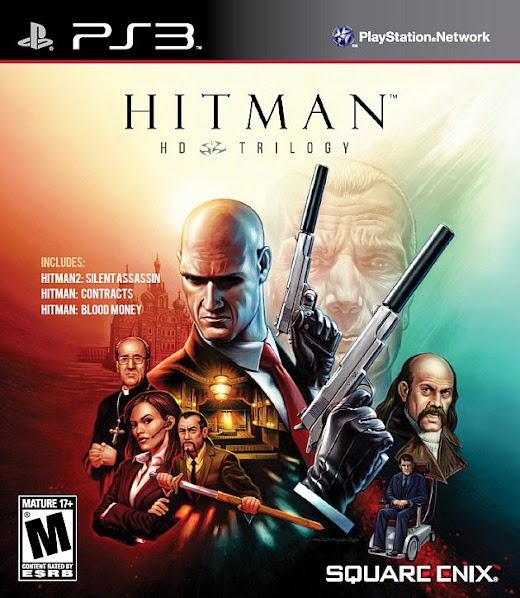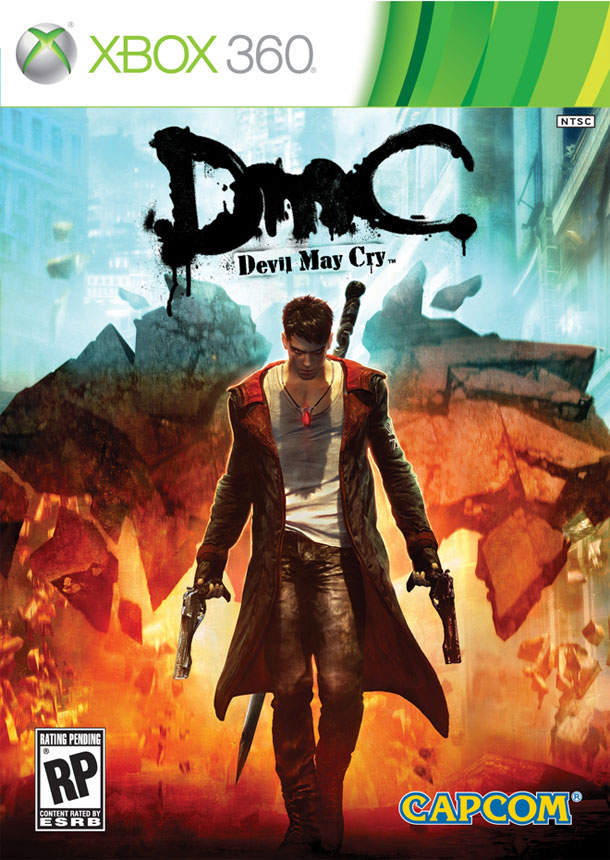by Caleb Smith
House Bill H.R. 287, proposed yesterday, aims to make the ESRB a legally-binding age restriction for video games, other than a voluntary rating system. This will make game retailers subject to enormous fines for selling M-Rated games to minors. This will also make the ESRB a legally required rating system for any video game developer intending to sell a title, even indie developers who sell their games through Steam or personal websites. This is only the latest of attempts to curb the amount of video game violence exposed to children, based on the frequently disproven belief that games are the cause of juvinile violence.
My first M-Rated video game experience was when I was 10 years old. It was GoldenEye on the Nintendo 64. While many lashed out against the violent content of the game, I noticed that the violence was no more than an old Western film (my parents made me watch a lot of Westerns). My parents found out about me playing the game, and just like most parents in America that year, they thought I was going to end up violent and anti-social. I had a passion for video games even though I was stuck playing platformers for several years. My father would rip the pages of my GameInformer subscription that depicted violence until I turned 16, when my friend Dexter (Yes, the host of Tech Fixation) showed me the game Assassin's Creed. I remembered having read about it in my torn magazine, and was swept away by the visuals when I watched Dexter play. Shortly after that day, I took all the money I saved up, bought a PS3, and then bought Assassin's Creed. My dad freaked out about it, but decided to let me learn my "mistake" the hard way, and let me play it.
After I beat the game, I didn't have any violent desires. Instead, I had a newfound passion for History and Science. I was introduced to storytelling elements to which I had never been exposed. When I started dropping Crusade trivia to my father, he immediately became supportive of me playing mature games, buying me three more games in our next visit to the mall. If the ESRB was a federally-enforced system, I would never have had that experience. My dad would never have bought that game for me even if I begged. I learned things in AC that I couldn't retain in school, and more importantly, I learned about the idea of subjective morality.
Organizations like the ESRB, MPAA and the FCC are voluntary for a reason. They serve as a guide to aid parents in deciding what content they are going to present to their children, but not all parents are alike, and neither are children. If these systems became more than just guides and became laws, they would become a method to keep individuals from viewing content due to their age. This falls under the category of censorship. It would no longer be the parents' decision on how to raise their kids in a media-oriented society, but the government's. The United States will be telling parents how their child should be brought up.
Equally (if not more) affected by this bill will be the publishers and retailers. If a customer isn't carded at GameStop when they buy a copy of Call of Duty, the employee could be subject to a fine of up to $5,000 for just one infraction. Seeing as this would be a federal law, that would indicate that a third-party purchase of an M-Rated game for a minor would also be subject to punishment. Since when did slaying dragons become as dangerous as tobacco?
This bill would mean the end of indie developers, and that's not being dramatic. With the culture's growing acceptance of video games, average Joes have been able to create their own titles and make a few bucks from selling them online, but do you think that submitting your work to the ESRB is free? Publishers have to pay a fee for the organization to put their seal of approval on their product. An indie developer wouldn't be able to pay the ESRB for a rating just so they don't commit a felony when they sell a game. This bill will result in the over-commercialization of video games. We'll see innovation and creativity die in the industry, as more widely-accepted and less controversial titles will be the target for bloated companies that can afford the fees of the ESRB. The video game industry will become (gag) the FILM INDUSTRY!
If this piece of legislation passes, I guarantee others will follow. Before we know it, free speech will disappear from our constitution. Art will become a taboo, all in the name of saving our children from becoming monsters. "Violent" video games were an integral part of my life, and without them, I would never have grown up to be a free-thinking individual. If we waited until we grew up to do grown-up things, we would never have grown up.





















http://www.thetechfixation.com/2013/01/bill-could-make-esrb-into-law.html
ReplyDeleteIt saddens me how much people who don't participate in certain types of media want to destroy those types of media :(